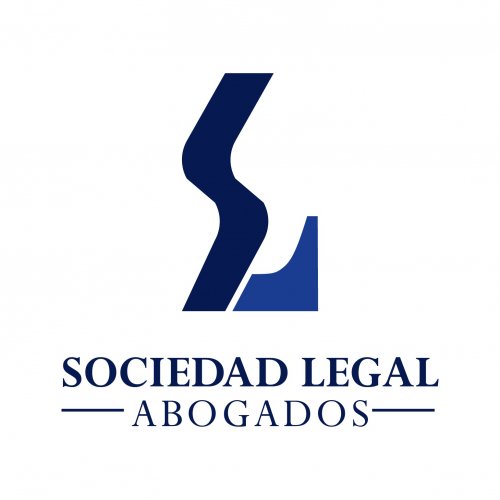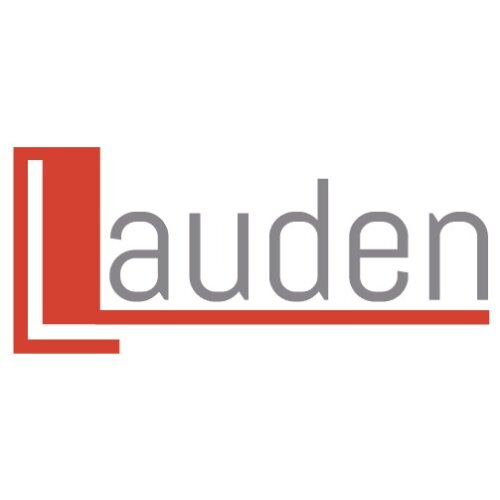Best Government Relations & Lobbying Lawyers in Guayaquil
Share your needs with us, get contacted by law firms.
Free. Takes 2 min.
List of the best lawyers in Guayaquil, Ecuador
About Government Relations & Lobbying Law in Guayaquil, Ecuador
Government Relations and Lobbying in Guayaquil, Ecuador involve the dynamic interplay between companies, non-profit organizations, or individuals and the government or governmental agencies. This field encompasses efforts to influence public policy, regulation, and legislation affecting various sectors. Lobbyists in Guayaquil work within a structured framework defined by local and national laws that guide how these activities can be legally conducted.
In recent years, there has been an increased emphasis on transparency and fairness in the lobbying process, making it important for those involved to fully understand the regulatory landscape in Ecuador. Lobbying activities are monitored to ensure they adhere to legislative standards aimed at maintaining integrity within governmental processes.
Why You May Need a Lawyer
Several situations may necessitate the expertise of a lawyer specializing in Government Relations & Lobbying in Guayaquil:
- Regulatory Compliance: Ensuring that your lobbying activities comply with local and national laws to avoid legal penalties.
- Policy Development and Analysis: Understanding how upcoming legislation could impact your business or organization and developing strategies accordingly.
- Negotiation and Advocacy: Representing your interests effectively in negotiations with government officials or agencies.
- Document Preparation: Assisting in the preparation and submission of official documents required for lobbying activities.
- Legal Representation: Defending against any legal claims or disputes arising from your lobbying activities.
Local Laws Overview
In Guayaquil, lobbying is regulated by a combination of national and local laws designed to ensure transparency and ethical behavior in government relations. Below are some key aspects:
- Registration and Disclosure: Lobbyists may be required to register with specific governing bodies and disclose their activities and expenditures.
- Ethical Guidelines: There are strict guidelines that prohibit certain activities, such as offering gifts or incentives to government officials to influence their decisions.
- Campaign Finance Laws: Restricts contributions that can be made to political parties and candidates to prevent undue influence from lobbyists.
- Public Access to Information: Legislation empowers citizens with the right to access information on government decisions and lobbying activities.
Frequently Asked Questions
1. What is lobbying in the context of Guayaquil?
Lobbying in Guayaquil refers to activities aimed at influencing government policies and decisions. These can be conducted by individuals, companies, or organizations.
2. Do all lobbying activities need to be registered?
Not all activities need registration, but if they meet certain criteria such as influencing legislation or spending a specified amount, registration may be necessary.
3. Are there restrictions on what lobbyists can do?
Yes, lobbyists must follow ethical guidelines, including restrictions on gifts, incentives, and other forms of influence over government officials.
4. How can I check if a lobbying firm is registered?
Registered firms are often listed in public databases maintained by government bodies overseeing lobbying activities.
5. What are the penalties for non-compliance with lobbying laws?
Penalties can vary but may include fines, legal action, or bans on conducting future lobbying activities.
6. How can a lawyer assist with lobbying activities?
A lawyer can guide compliance with legal requirements, assist in strategic planning, and represent your interests in legal matters related to lobbying.
7. What is the role of ethical guidelines in lobbying?
Ethical guidelines ensure that lobbying practices remain transparent and honest, protecting the integrity of government decision-making processes.
8. Is lobbying the same as public relations?
No, lobbying specifically seeks to influence governmental actions whereas public relations encompass a wider range of activities aimed at managing public image and communication.
9. Can foreign entities conduct lobbying activities in Guayaquil?
Yes, but they must comply with all local laws and registration requirements, which may vary for foreign entities.
10. Where can I find more detailed information about laws governing lobbying?
Detailed legal information can typically be accessed through governmental databases or legal advisories published by regulatory authorities.
Additional Resources
For more information and support regarding Government Relations & Lobbying in Guayaquil, consider consulting the following resources:
- Regulatory Bodies: Superintendence of Market Power Control (SCPM) and the National Assembly for legislation specifics.
- Professional Organizations: Ecuadorian Institute of Political Science and various local chambers of commerce.
- Legal Consultancies: Engage with law firms specializing in government relations and lobbying for tailored legal advice.
- Online Databases: Access public records related to registered lobbyists and their activities in Ecuador.
Next Steps
If you find yourself in need of legal assistance in government relations and lobbying, consider the following steps:
- Identify Your Needs: Clearly understand the nature of your lobbying activities and any specific legal challenges you face.
- Consult with Experts: Reach out to lawyers with experience in government relations and lobbying to discuss your circumstances.
- Prepare Documentation: Gather any relevant documents, evidence, and correspondence related to your lobbying efforts.
- Stay Informed: Regularly update yourself on changes in lobbying laws and regulations to ensure ongoing compliance.
By following these steps, you can effectively safeguard your interests and ensure that your lobbying activities proceed smoothly within the legal framework of Guayaquil, Ecuador.
Lawzana helps you find the best lawyers and law firms in Guayaquil through a curated and pre-screened list of qualified legal professionals. Our platform offers rankings and detailed profiles of attorneys and law firms, allowing you to compare based on practice areas, including Government Relations & Lobbying, experience, and client feedback.
Each profile includes a description of the firm's areas of practice, client reviews, team members and partners, year of establishment, spoken languages, office locations, contact information, social media presence, and any published articles or resources. Most firms on our platform speak English and are experienced in both local and international legal matters.
Get a quote from top-rated law firms in Guayaquil, Ecuador — quickly, securely, and without unnecessary hassle.
Disclaimer:
The information provided on this page is for general informational purposes only and does not constitute legal advice. While we strive to ensure the accuracy and relevance of the content, legal information may change over time, and interpretations of the law can vary. You should always consult with a qualified legal professional for advice specific to your situation.
We disclaim all liability for actions taken or not taken based on the content of this page. If you believe any information is incorrect or outdated, please contact us, and we will review and update it where appropriate.









